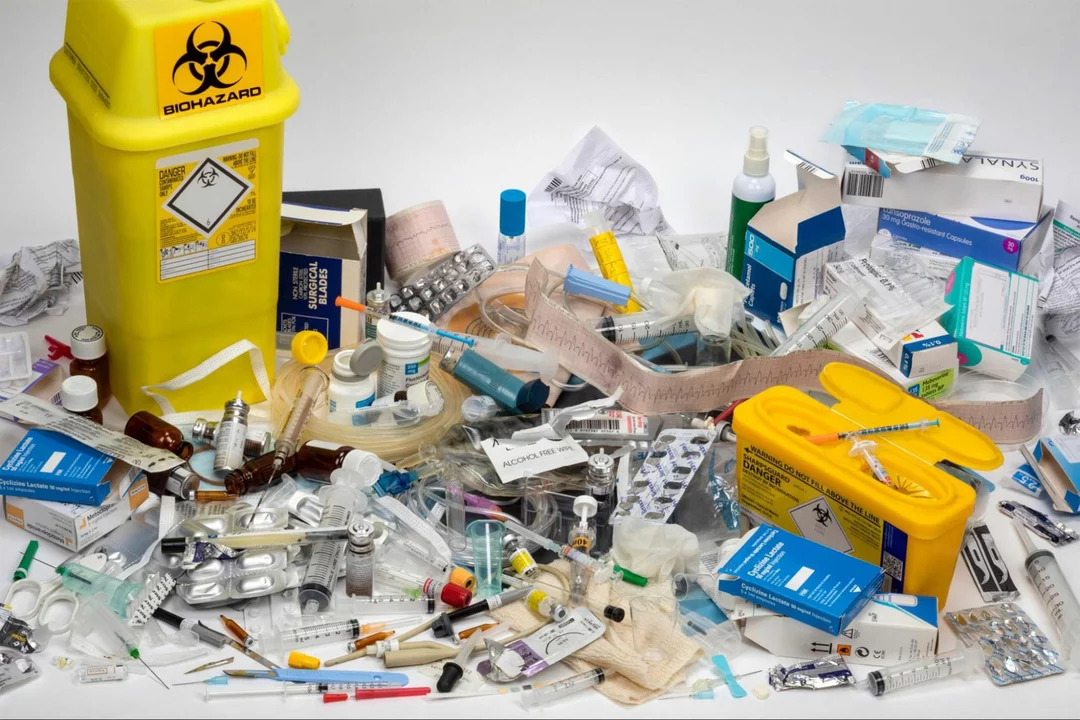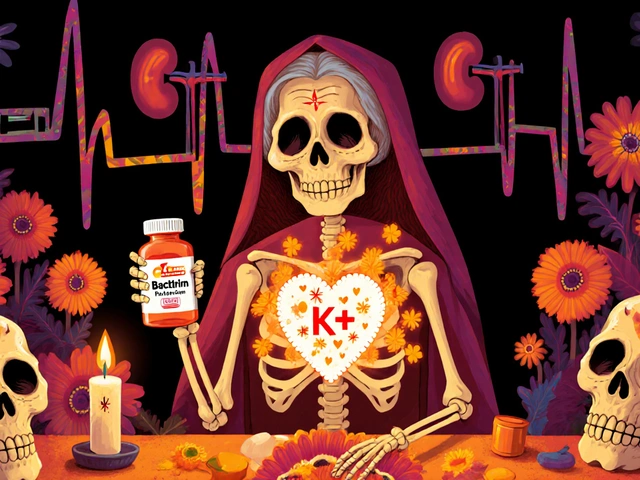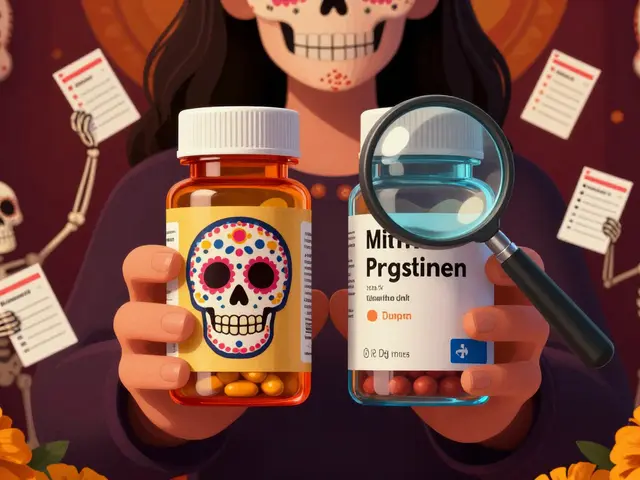Safely Store Medications: Practical Tips to Keep Medicines Effective and Secure
Keeping medicines safe at home isn't hard, but a few habits make a big difference. Store drugs where they stay effective, out of reach of kids and pets, and away from moisture or direct heat. These simple steps help prevent accidental poisonings, wasted prescriptions, and lower the risk of using expired or degraded meds.
Where to store meds
Bathroom cabinets are tempting, but bathrooms get humid and warm - not great for most medications. Choose a cool, dry place like a kitchen cabinet away from the stove, a bedroom dresser, or a dedicated storage box. For medicines that require refrigeration, keep them on a shelf in the fridge away from the door so the temperature stays steady.
Keep original packaging when possible. Labels have dose instructions, expiration dates, and warnings you'll want later. If you use a pill organizer, keep the original bottles for long-term storage and refill the organizer each week.
Safety tips to prevent accidents
Always lock up or put medicines out of sight if you have kids, teens, or pets. Childproof caps help but aren't foolproof - store meds in a locked box or high shelf. Don't call medicine candy or make it part of a routine where a child could access it unnoticed.
Separate similar-looking pills to avoid mix-ups. If two medicines look alike, keep them in different places or use clear labeling like colored stickers. Check expiration dates monthly and dispose of old meds safely - many pharmacies offer take-back programs or specific disposal instructions.
When traveling, keep essential medicines in your carry-on bag at the right temperature. For controlled substances, bring a copy of your prescription and pack only what you need. Avoid leaving meds in a hot car for long periods; heat can break down active ingredients and reduce effectiveness.
If you buy medicines online, double-check the pharmacy's credentials before ordering. Stick to reputable sites, keep records of orders, and verify the packaging when it arrives. If something looks tampered with or the pills look different, contact the seller or your healthcare provider before taking them.
For people managing multiple prescriptions, create a simple list with drug names, doses, timing, and prescriber contacts. A smartphone photo of labels or a medicines app helps during emergencies. Share this list with a trusted family member so someone knows what you're taking if you can't speak for yourself.
Small changes in how you store medicines prevent a lot of trouble. A cool, dry spot, locked storage if needed, regular checks for expiration, and careful travel habits keep meds effective and your household safe. If you're unsure about storage for a specific drug, ask your pharmacist - they'll tell you the best way to keep it working well.
Also watch for special storage rules: insulin, nitroglycerin, and biologics often need precise temperature control and protection from light. Keep manufacturer leaflets and follow pharmacist advice. When in doubt, call your healthcare team - they can confirm storage steps so your treatments stay safe and work as expected. Don't guess, ask today.

As a blogger, I've recently looked into the proper storage and disposal of Perindopril Erbumine, a medication used to treat high blood pressure. To safely store this medicine, it's crucial to keep it in its original container, away from heat, moisture, and direct sunlight, preferably at room temperature. Also, remember to store it out of reach from children and pets. When it comes to disposal, never flush it down the toilet or throw it in the trash. Instead, follow your local guidelines or talk to your pharmacist about take-back programs to ensure an eco-friendly and secure disposal of Perindopril Erbumine.
Chris Gore Apr 29, 2023




